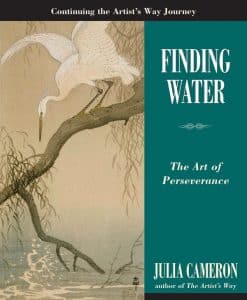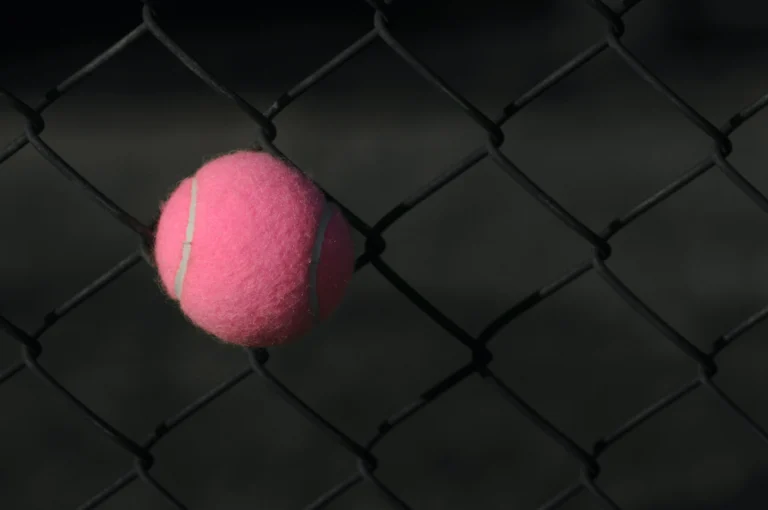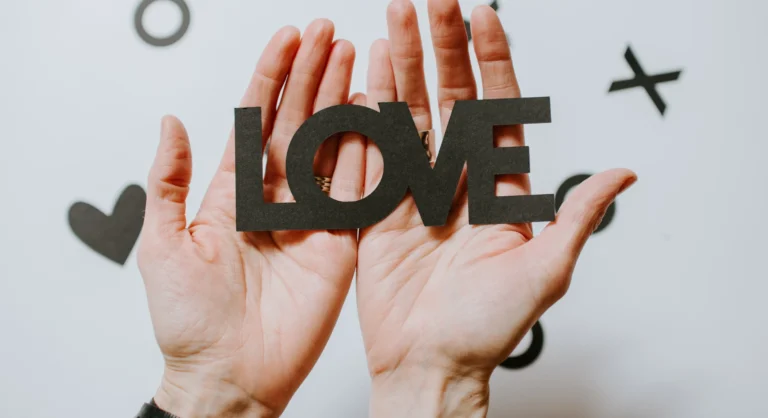It is the ego’s dicey proposition that as artists we should always be “special” and different. The ego likes to be set apart. It likes to look down its nose at the rest of humanity. Such isolation is actually damaging. It is like the reverse of the Midas touch turning everything golden into a problem. Let us say we have fear—as all humans do—the ego would have us having “artistic fear” which sounds like a specialized something that perhaps only an expert, and an expensive expert at that, could help us cope with.
If we have plain old ordinary fear then we are within reach of a solution. Fear has been with humankind for millennia and we do know what to do about it—pray about it, talk about it, feel the fear, and do it anyway. “Artistic” fear, on the other hand, sounds somehow nastier and more virulent, like it just might not yield to ordinary solutions—and yet it does, the moment we become humble enough to try ordinary solutions.
It is only by courting humility that we stand a chance as artists. When we choose to join the human condition rather than set ourselves apart from it, we begin at once to experience relief. If we stop calling our writer’s block “writer’s block” and begin using words like “resistance” and “procrastination” we are suddenly no longer in rarefied territory.
One of the greatest disservices we can do to ourselves as artists is to make our work too special and too different from everybody else’s work. To the degree to which we can normalize our day, we have a chance to be both productive and happy. Let us say, as is often the case, we are resistant to getting down to work. We have a choice. We can buy into our resistance—Writer’s block! Painter’s block!—or we can simply say, “I don’t feel like working today, and I’ll bet an awful lot of other people are in the same boat.”
The minute we identify with the rest of humankind, we are on the right track. The minute we set ourselves apart, we are in trouble. When we start thinking that as artists we are very different from other people, we start to feel marginalized and hopeless. When we realize that we are probably in pretty much the same boat as everyone else, we begin to edge toward solution. Our shared humanity is the solution. Our “specialness” is the problem.
“It’s hard, starting a novel” can be normalized into “It’s hard starting any new project.” “How will I ever meet this portrait deadline?” becomes “How will I ever meet this work deadline?” The fact of being a novelist or a portrait artist matters less than the all-too-human thought “I am not sure I can pull it off this time.” All workers face this fear. It’s normal.
from Finding Water





Responses